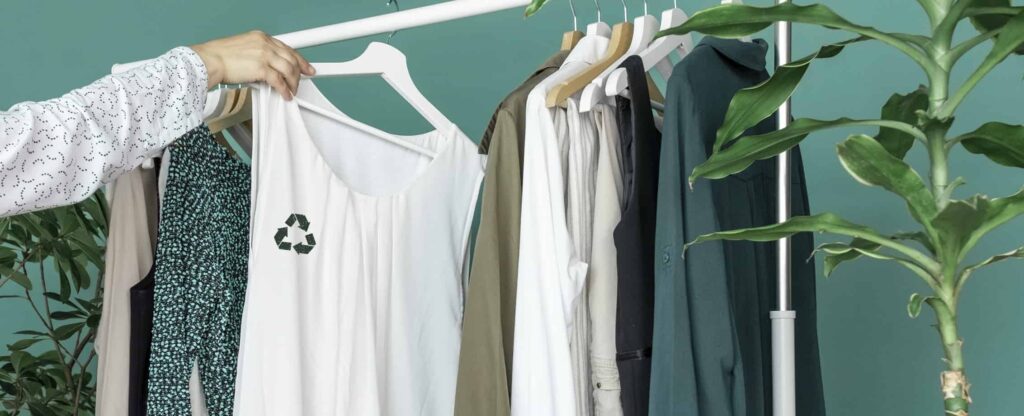
Sustainability has become a growing concern in the fashion industry, and with good reason. The industry is one of the largest contributors to environmental degradation and climate change, and the fast-paced nature of fashion production and consumption means that the negative impacts are felt on a global scale. However, the responsibility does not fall solely on the fashion industry; consumers also play a crucial role in promoting sustainability in fashion.
The first step towards promoting sustainable fashion is to educate oneself about the impact of the industry on the environment. The fashion industry is responsible for a significant amount of waste, pollution, and carbon emissions. The production of textiles requires large amounts of water and energy, and the use of chemicals in the dyeing and finishing processes can have harmful effects on the environment. Additionally, the fast fashion model encourages consumers to purchase more clothing than they need, leading to even greater waste and pollution.
Consumers can take a number of actions to promote sustainability in fashion. One of the most effective ways is to reduce consumption by buying fewer clothes and choosing high-quality, long-lasting pieces. This can be achieved by investing in timeless pieces that can be worn for years, rather than trendy items that will quickly go out of style. Another option is to buy secondhand or vintage clothing, which not only reduces waste but also supports local businesses.
Another important way consumers can promote sustainability in fashion is by choosing eco-friendly materials. Some fabrics, such as organic cotton, bamboo, and hemp, require less water and energy to produce and are less harmful to the environment. Additionally, consumers can look for clothes made from recycled materials, such as plastic bottles or fishing nets, to reduce waste.
Finally, consumers can promote sustainability in fashion by supporting brands that prioritize sustainability and ethical practices. Many fashion brands now offer sustainable collections or have made a commitment to reducing their environmental impact. By supporting these brands, consumers can send a message to the fashion industry that sustainability is a priority.
In conclusion, sustainability in fashion is a complex issue that requires action from both the industry and consumers. Consumers play a crucial role in promoting sustainability by educating themselves about the impact of the fashion industry, reducing consumption, choosing eco-friendly materials, and supporting sustainable brands. By working together, we can create a more sustainable fashion industry that is better for the environment and for future generations.
Want to continue the discussion about sustainability and fashion? Come join us for Hyde’s Annual Designer Pitch, Thursday, July 6th! This year’s theme is Sustainable Choices in Fashion. Don’t miss a night of rooftop views, drinks, music, and of course, fashion!
Get your ticket here!